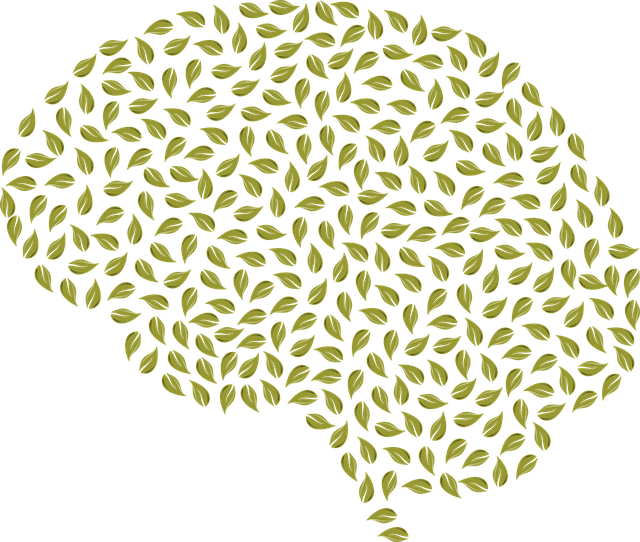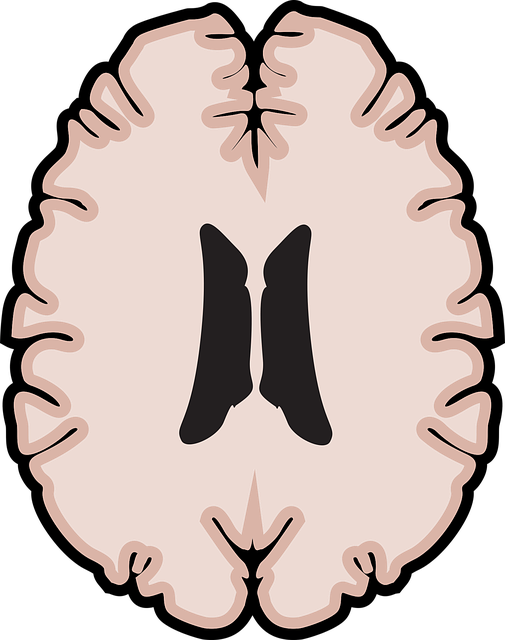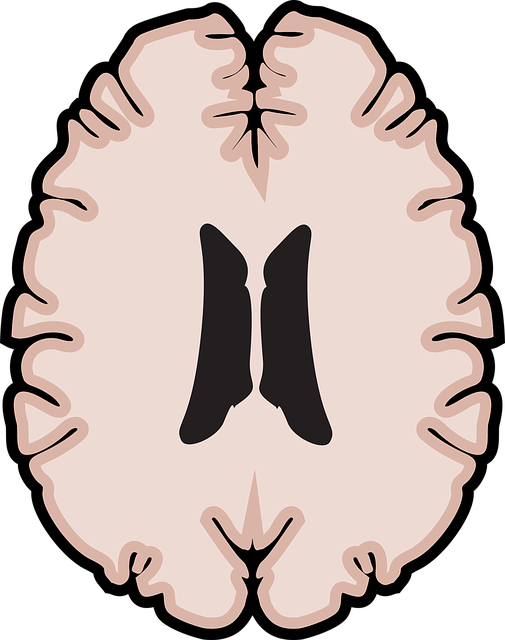Mental wellness is crucial for overall well-being, managing conditions like anxiety, depression, and OCD. Organizations like Longmont OCD Therapy offer solutions, while practices like mindfulness and meditation empower individuals to take control. Identifying personal stressors and triggers through journaling is key to developing self-care routines, preventing depression, and navigating OCD challenges. Personalized routines involving mindfulness, exercise, or creative outlets promote emotional well-being. Coping strategies from Longmont OCD Therapy, including CBT, mindfulness, and exposure therapy, enhance mental health and resilience. Holistic OCD therapy in Longmont addresses interconnected physical, mental, and emotional aspects for comprehensive self-care.
Mental wellness is integral to our overall health and well-being, yet it’s often overlooked. In today’s fast-paced world, developing a robust self-care routine is essential for managing stress and maintaining mental fortitude. This article explores strategies to enhance your mental wellness through understanding the impact of daily stressors, identifying personal triggers, and crafting a personalized self-care routine. We also delve into Longmont Obsessive Compulsive Disorder Therapy as a holistic approach to healing.
- Understanding Mental Wellness and Its Impact on Daily Life
- Identifying Personal Stressors and Triggers
- Crafting a Customized Self-Care Routine
- Incorporating Effective Coping Strategies
- Longmont Obsessive Compulsive Disorder Therapy: A Holistic Approach to Healing
Understanding Mental Wellness and Its Impact on Daily Life

Mental wellness is a crucial aspect of overall health, influencing how we think, feel, and act in our daily lives. It encompasses our emotional, psychological, and social well-being, affecting our ability to cope with stress, make choices, and relate to others. Understanding mental wellness is essential, as it plays a significant role in navigating the complexities of modern life. When left unaddressed, issues like anxiety, depression, and Obsessive Compulsive Disorder (OCD) can disrupt daily routines and impact overall quality of life, requiring professional help such as Longmont OCD Therapy.
In today’s fast-paced world, where stress is prevalent and trauma can leave lasting impacts, prioritizing mental wellness is more critical than ever. Organizations like Stress Management Workshops focus on providing tools for effective stress management, while Trauma Support Services offer specialized care to those who have experienced distressing events. Moreover, fostering inner strength through practices like mindfulness, meditation, or therapy can empower individuals to take charge of their mental health and cultivate a sense of balance and resilience.
Identifying Personal Stressors and Triggers

Identifying Personal Stressors and Triggers is a crucial step in developing an effective mental wellness self-care routine. Longmont Obsessive Compulsive Disorder (OCD) Therapy emphasizes the importance of understanding what sets off anxiety or distressing behaviors. By keeping a journal to track daily activities, emotions, and thoughts, individuals can begin to recognize patterns that lead to heightened stress levels. This process fosters self-awareness exercises, enabling people to identify specific triggers, whether they stem from work pressures, interpersonal relationships, or personal beliefs.
Once these stressors are identified, strategies for depression prevention can be tailored. Simple yet powerful tools like deep breathing exercises and mindfulness practices can help manage initial reactions to triggers. Additionally, confidence-boosting activities that align with one’s passions and interests can serve as a buffer against overwhelming situations. This proactive approach equips individuals with the skills to navigate their mental health journey more effectively.
Crafting a Customized Self-Care Routine

Creating a self-care routine that aligns with your unique needs and preferences is a powerful tool for managing mental wellness. This process involves introspection, recognizing personal triggers, and identifying activities that bring calmness, joy, and balance. It’s not about adhering to a rigid checklist but rather designing a customizable approach tailored to your lifestyle and challenges, such as those often faced in Longmont Obsessive Compulsive Disorder (OCD) Therapy.
A well-rounded routine can incorporate various practices like mindfulness exercises, physical activity, journaling, or engaging in creative pursuits. For instance, implementing a Community Outreach Program or discovering burnout prevention techniques through self-reflection can be transformative. These strategies not only support emotional well-being promotion but also empower individuals to take proactive steps towards a healthier and more fulfilling life.
Incorporating Effective Coping Strategies

Incorporating effective coping strategies is a pivotal aspect of developing a robust mental wellness self-care routine. Longmont Obsessive Compulsive Disorder (OCD) Therapy offers valuable insights into techniques tailored to manage and overcome OCD symptoms, which can be applied more broadly to enhance overall emotional well-being promotion techniques. These strategies often include mindfulness exercises, cognitive behavioral therapy (CBT), and exposure therapy designed to challenge and reframe distressing thoughts and behaviors.
Beyond individual therapy, attending Stress Management Workshops Organization sessions or engaging in Crisis Intervention Guidance programs can equip individuals with a range of practical tools for navigating life’s challenges. These initiatives provide opportunities to learn effective stress management techniques, foster resilience, and develop coping mechanisms that contribute to a healthier mental state. By integrating these practices into daily routines, individuals can proactively manage stress, prevent crises, and promote sustainable emotional well-being.
Longmont Obsessive Compulsive Disorder Therapy: A Holistic Approach to Healing

In Longmont, Obsessive Compulsive Disorder (OCD) therapy takes a holistic approach to healing, recognizing that emotional well-being is intricately linked with physical and mental health. This comprehensive treatment focuses not just on managing symptoms but on fostering self-care routine development for better mental health. By combining evidence-based therapies such as Cognitive Behavioral Therapy (CBT) with mindfulness exercises and other self-awareness practices, individuals suffering from OCD can learn to manage their conditions effectively.
The process involves delving into the root causes of obsessions and compulsions, helping clients understand the emotional healing processes at play. Through personalized therapy sessions, patients acquire valuable tools for coping with intrusive thoughts and engaging in self-care activities that promote mental wellness. This holistic approach ensures that individuals not only alleviate their OCD symptoms but also develop a robust self-care routine that supports their overall well-being.
Developing a robust mental wellness self-care routine, tailored to your unique needs, is a powerful tool for managing stress and fostering resilience. By understanding the impact of mental health on daily life and identifying personal stressors, you can begin crafting a holistic approach to healing. Longmont Obsessive Compulsive Disorder Therapy (OCD) offers evidence-based strategies to navigate challenges, emphasizing the importance of coping mechanisms in overall well-being. Embrace self-care as a journey, incorporating personalized rituals that enhance your mental fortitude and lead to a more balanced and fulfilling life.













